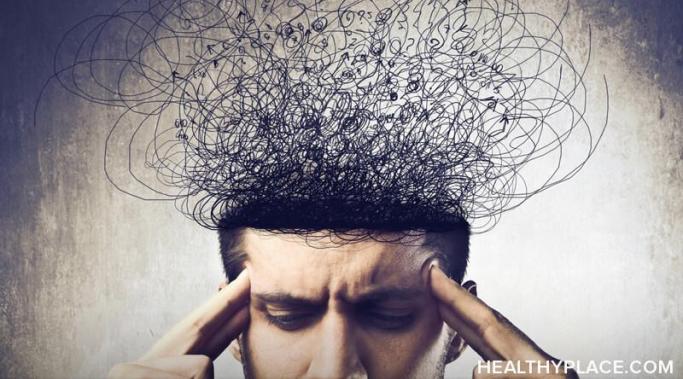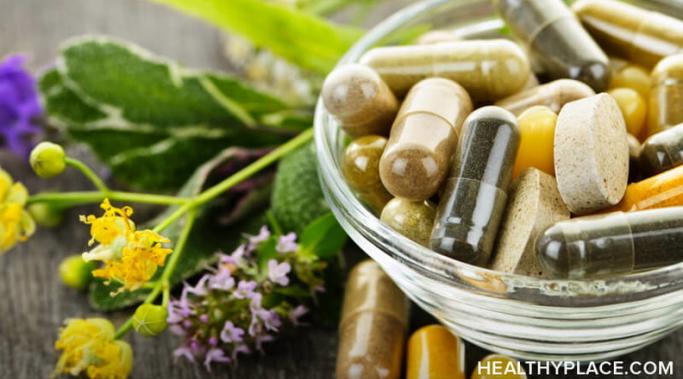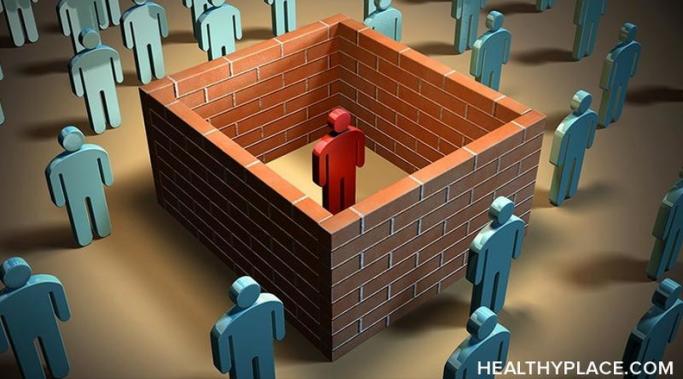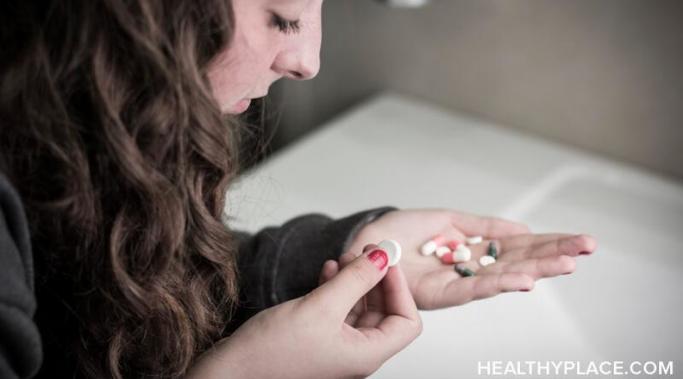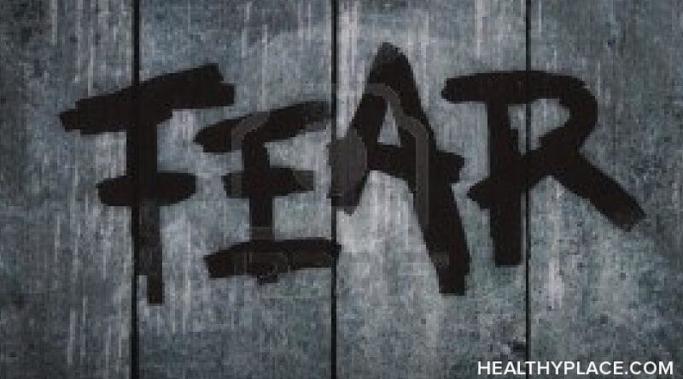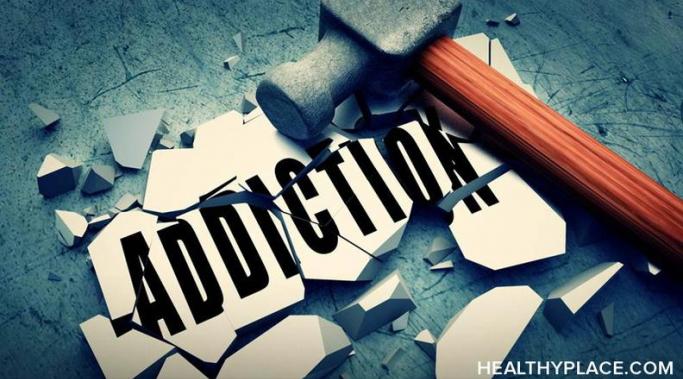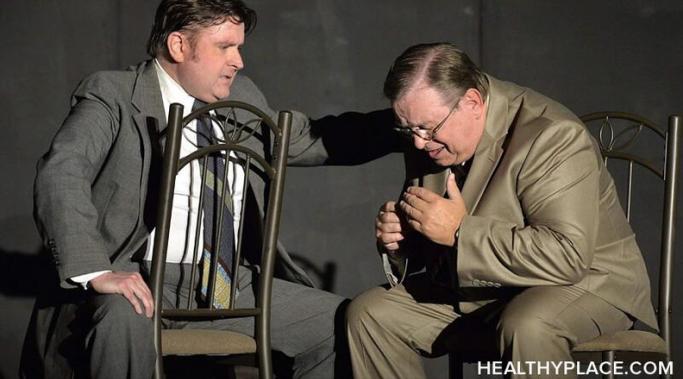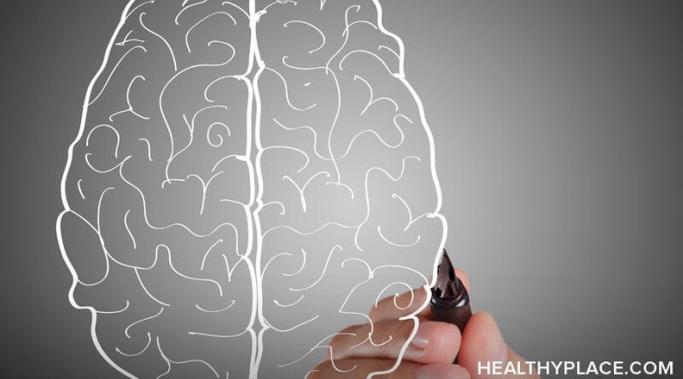In addition to eventually developing my own addictions, I also grew up in a home with an addicted parent. I rarely spoke about my mom's addiction history when I was young because of the shame that frequently followed those conversations. As I grew older and developed a few less than desirable habits of my own, I thankfully found some compassion for my mom and the struggles that surrounded her.
Drug Addiction
Addiction recovery is filled with numerous unexpected triggers and challenges. There are obvious triggers recovering addicts must face along the path to recovery, like people, places, and activities that might be associated with their drug-of-choice. However, there are also plenty of unexpected triggers in addiction recovery that catch many individuals completely off guard.
We all cope with life differently, so how does one know when their beloved coping skill has manifested into a full-blown, unhealthy addiction? I believe most of us have our own unofficial list of coping skills that we turn to after (or during) a particularly unpleasant day. For some of us, a staple coping mechanism might be a hot bubble bath and for others, their nightly routine could include a chilled glass of wine while binge-watching their favorite sitcom. So how far is too far, and what transforms a harmless coping skill into an unhealthy life choice, or worse, an addiction?
Alcohol and opiate withdrawal symptoms can be extremely difficult, but vitamins may help people with substance use disorders by possibly easing withdrawal symptoms. Treatment methods range from quitting cold turkey to hospitalization. Sometimes medications can be prescribed to ease withdrawal symptoms (Opioids Withdrawal: How Bad Is It? Symptoms, Treatment). However, one concern for people trying to get clean is becoming dependent on another substance. It is always important to check with your doctor when considering alternative treatment so they can review your medical history and specific situation. For the scope of this post, I will cover the use of vitamins B and C for alcohol and opiate withdrawal symptoms.
Anyone can help stop the stigma of substance abuse. A major obstacle to addiction recovery, stigma, is a set of negative beliefs that a group or society holds about a topic or group of people. Stigma results in prejudice, avoidance, rejection, and discrimination against people who have a socially undesirable trait such as drug abuse or addiction. In my own recovery process, I felt the stigma of substance abuse and it kept me from seeking help for many years.
Addiction to benzodiazepines (benzos) can be very dangerous for users. Benzodiazepine medications are typically prescribed for people who suffer from anxiety or other mental illness. The drugs are fast acting and they begin to work as soon as they hit the user’s body. That means that rather than waiting for days or weeks for a medication to build up to therapeutic levels, benzodiazepines are able to provide users with almost immediate relief. This instant effect can increase the risk of benzodiazepine addiction Prescribers like to use this type of medication because of its instant effect and the fact that it allows patients to begin therapy and other treatments more quickly than medications like antidepressants (which have to build up). Commonly used benzodiazepines include clonazepam (Klonopin), alprazolam (Xanax), diazepam (Valium), and lorazepam (Ativan).
Do you fear addiction recovery? During my active addiction, I feared everything. Fear was the driving emotion in my life. I was afraid of an unknown future and was most afraid of becoming sober. I'd become comfortable in my mess and just the thought of anything different frightened me. The fear of addiction recovery hid itself in my untruths.
A power greater than you can help with our addiction. A good example of insanity: doing the same thing over and over, expecting different results. That describes my addiction to a T. Of course, I knew that my actions caused myself and others great harm and yet I repeatedly chose those actions, thinking this time the result would be different. My life had become unmanageable and my very best efforts to abstain failed miserably. But once I acknowledged a power greater than me, God broke my addiction cycle and set me free.
My lack of emotional maturity during my active addiction caused me to stuff down my feelings. Thinking, “I have to feel my feelings?” caused me great fear when I started sobriety. Whenever I started working through a 12-step program, dealing with emotions felt like opening a closet door with a big, scary monster inside of it. The scary monster was all the feelings I’d stuffed in there, during the decade I used. I was emotionally immature and didn’t have tools to handle the ups and downs of life. Getting drunk or high was my response to every feeling. For example, if you made me angry, I would get "drunk at you" for revenge. It really was as silly and self-destructive as it sounds. I was so scared of that monster, my emotions in the closest, that I’d rather self-destruct than face them.
I have a mental illness and an addiction. I honestly didn’t care if I lived or died, during my decade long drug and alcohol addiction. Which is why I tried and failed at sobriety so many times. My addictions co-occurred with a mental illness called bipolar disorder. A depressive stage of bipolar, even sober, can leave me hopeless. I'd lose interest in all the things that mattered to me before. It didn’t matter to me if I got sober. There were no consequences strong enough to make me want to stop because I didn’t care if I ever saw tomorrow. I didn’t make plans for my future because I really didn’t want one. It was a slow suicide.

